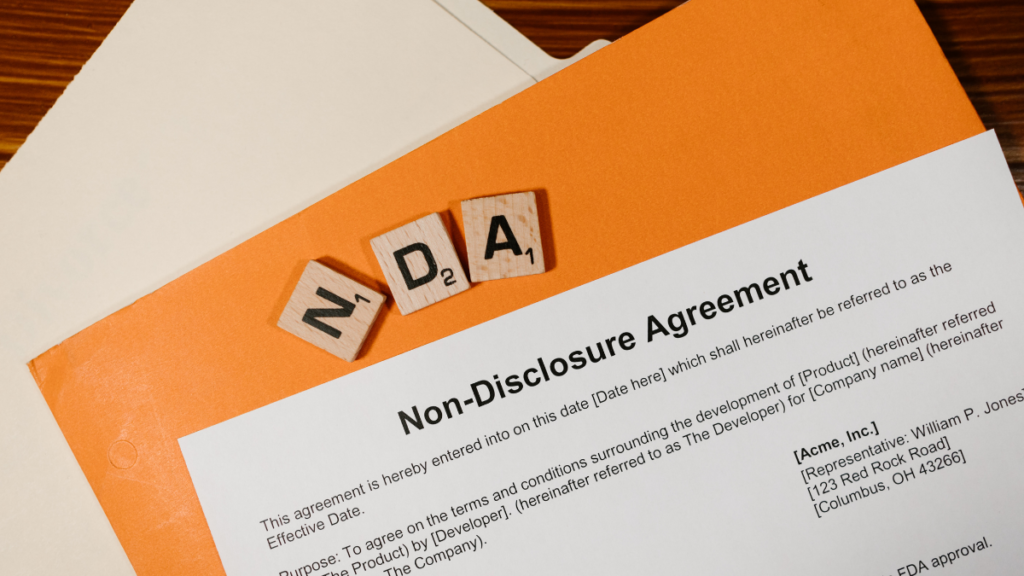Due to the high levels of competition that exist in various markets today, it is quite common for companies to look for new “partners” for the development of joint projects or businesses.
What are they looking for with it? They try to take advantage of business synergies with which they achieve a greater return than they would obtain by performing them alone. With these projects in common, companies become more competitive and can place themselves in better market positions.
All sounds great: we have a common project in which we get a better performance, in a shorter period of time, and by using fewer resources.
However, all that glitters is not gold, since in the development of these joint projects it is inevitable that the parties share certain information or documentation with each other that can give rise to real headaches in the future. The nature of this information can be very varied, from that related to business plans or models, to intellectual and industrial property or that related to marketing strategy, among others.
The NDA could be defined as a private contract that is signed by two or more parties with the objective of regulating and preventing the disclosure of confidential information related to a company or project. This duty of non-disclosure can affect only one party (in this case it would be unilateral) or bind both parties (bilateral agreement).
By signing it, the parties prevent a priori that said information reaches the hands of third parties, forcing them to use the aforementioned information only for the purposes agreed in the object of the contract.
By Orlando J. Gutiérrez

